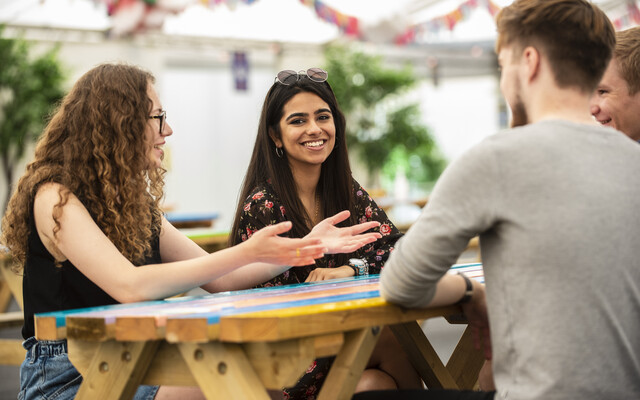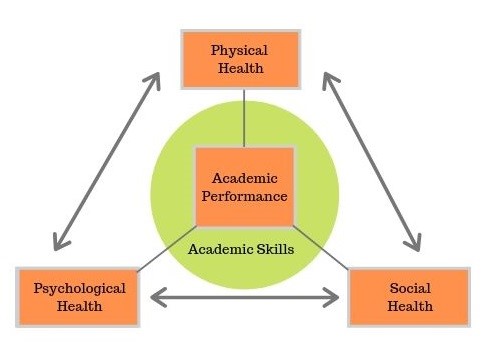
When your placement comes to an end the thought of returning to University for final year can often bring up mixed feelings.
Often when your placement year has been a positive experience, where your contribution was really valued it can be a comedown to be thrown back into uni. You find that you are ‘just another student’ again. Your studies can seem irrelevant, what you are doing insignificant in comparison with the ‘real world’.
In contrast if your placement didn’t work out so well socially or workwise, perhaps you are relieved to be back in familiar territory and to catch up with old friends. But maybe you are now questioning your career path.
In either case how can you best reintegrate back into university life and stay motivated to finish your course? Here are a few pointers that may help.
1. Bring with you what’s been good
Working structure – Maybe you went into the 9-5 work routine kicking and screaming, but often keeping that structure in place for your final year studies is really helpful. Particularly, if you relished being able to switch off after a day’s work. And part of your dread of returning to studying is having assignments hanging over you.
Workloads do ramp up in the final year, so it really pays to be organised. If you need help with developing your academic and research skills, including dissertation writing, presenting, revision and critical thinking, you can get support from our Academic Skills and Development Team.
Enhanced knowledge and contacts– Can your work experience help inform your dissertation choice? If what you were working on excited you can you bring it into your studies?
Will keeping in contact with colleagues and your company help keep you motivated and perhaps lead to work in that area? Make sure you connect with as many colleagues as possible on LinkedIn.
2. Keep sight of the bigger picture
You’ve had a glimpse of what could be next. Does that fit with your values? Where do you see yourself? What did you learn from the experience? Do you like working as part of a team or do you prefer more individual work?
Developing your career is a process of finding where you fit that enables you to thrive and develop. You may have found where you don’t want to be and that is equally as valuable for helping you define a way forward.
If you are still in the process of discovering what your strengths are try out our Self-Awareness resource.
3. Social support will enhance your studies
“I came back to final year, chose a random house sharing with people I didn’t know and didn’t pick up on my old clubs as I thought I couldn’t afford the time – and then found I couldn’t study….”
It’s easy to think that’s it’s all about study and to forget we are human and need social connection and are not a just a ‘walking head’. We study well when we also are mindful of our physical, social and psychological wellbeing.

So, schedule in time to socialise, do exercise and other activities that are meaningful to you. Take breaks when you need them.
Giving yourself time to disconnect from study-related activities will help restore your energy, help your ability to recover and learn from setbacks. Yes you will have to study more, but not exclusively, we humans just don’t work that way –it’s all about balance!
Consider time for hobbies. Is there a student union society you are interested in joining? You will be able to find out about societies you can join at Freshers Fair on 20 September.
4. Don’t be afraid to ask for help
Final year is tough, it’s going to stretch you and adjusting back socially and in your studies may well be challenging. At Surrey there is a network of support structures in place including
There is great strength in knowing when to push through and when to ask for help. Don’t forget that we are here for YOU to use.
Students returning from placement are invited to our Returners Event in MySurrey Hive 3 October 12-2pm and you’ll be able to chat to the University support services there.
Resources
This guest blog has been written with Diana Hill from the Wellbeing Centre
